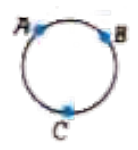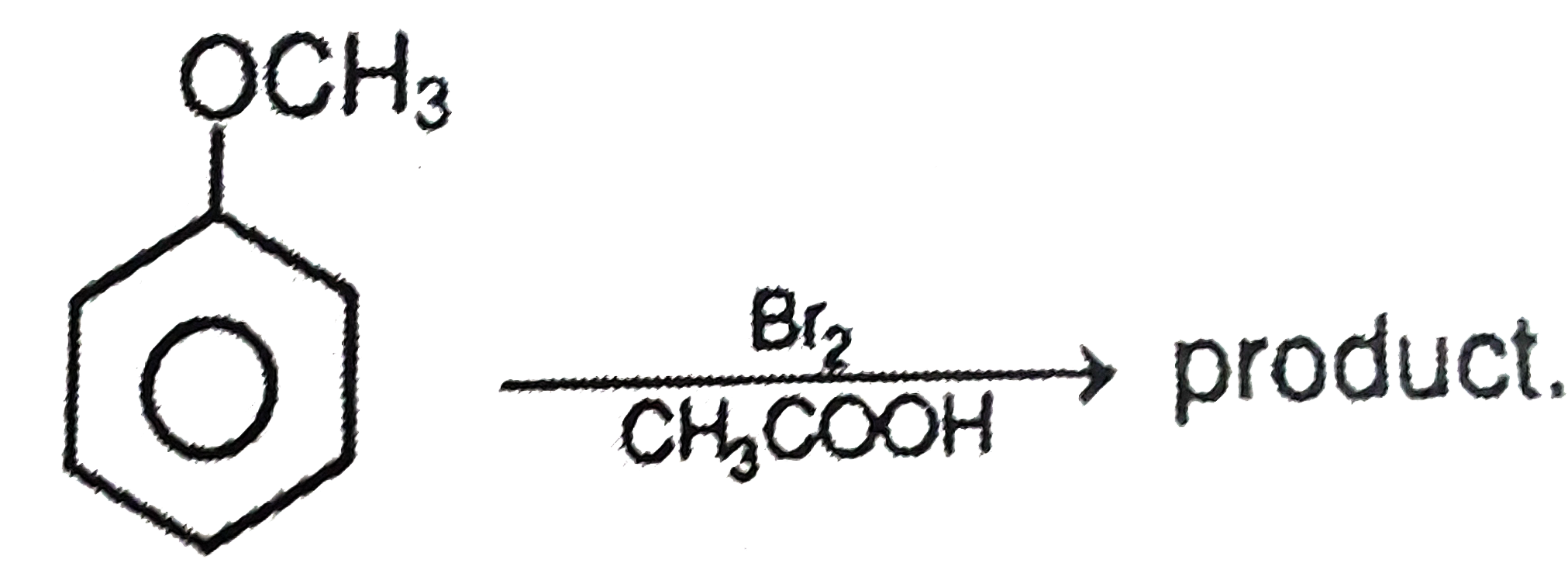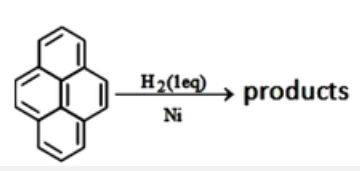Name the major cation and the two major anions in ECF, and in ICF.
To answer the question regarding the major cation and anions in extracellular fluid (ECF) and intracellular fluid (ICF), we can follow these steps:
1. Understand the Terms:
- ECF stands for Extracellular Fluid, which is the fluid outside the cells.
- ICF stands for Intracellular Fluid, which is the fluid inside the cells.
2. Identify the Major Cation in ECF:
- The major cation in ECF is Sodium (Na⁺). Sodium is crucial for maintaining osmotic balance and is involved in nerve impulse transmission.
3. Identify the Major Anions in ECF:
- The two major anions in ECF are Chloride (Cl⁻) and Bicarbonate (HCO₃⁻). Chloride helps maintain osmotic pressure and is important in digestion, while bicarbonate plays a key role in maintaining pH balance.
4. Identify the Major Cation in ICF:
- The major cation in ICF is Potassium (K⁺). Potassium is vital for cellular function, including maintaining membrane potential and muscle contraction.
5. Identify the Major Anions in ICF:
- The two major anions in ICF are Phosphate (PO₄³⁻) and Proteins. Phosphate is important for energy transfer (ATP) and cellular signaling, while proteins contribute to various cellular functions.
Final Answer:
- Extracellular Fluid (ECF):
- Major Cation: Sodium (Na⁺)
- Major Anions: Chloride (Cl⁻) and Bicarbonate (HCO₃⁻)
- Intracellular Fluid (ICF):
- Major Cation: Potassium (K⁺)
- Major Anions: Phosphate (PO₄³⁻) and Proteins
- ECF stands for Extracellular Fluid, which is the fluid outside the cells.
- ICF stands for Intracellular Fluid, which is the fluid inside the cells.
- The major cation in ECF is Sodium (Na⁺). Sodium is crucial for maintaining osmotic balance and is involved in nerve impulse transmission.
- The two major anions in ECF are Chloride (Cl⁻) and Bicarbonate (HCO₃⁻). Chloride helps maintain osmotic pressure and is important in digestion, while bicarbonate plays a key role in maintaining pH balance.
- The major cation in ICF is Potassium (K⁺). Potassium is vital for cellular function, including maintaining membrane potential and muscle contraction.
- The two major anions in ICF are Phosphate (PO₄³⁻) and Proteins. Phosphate is important for energy transfer (ATP) and cellular signaling, while proteins contribute to various cellular functions.
- Extracellular Fluid (ECF):
- Major Cation: Sodium (Na⁺)
- Major Anions: Chloride (Cl⁻) and Bicarbonate (HCO₃⁻)
- Major Cation: Potassium (K⁺)
- Major Anions: Phosphate (PO₄³⁻) and Proteins
Topper's Solved these Questions
- EXCRETORY PRODUCTS AND THEIR ELIMINATIONBOOK - ICSECHAPTER - EXCRETORY PRODUCTS AND THEIR ELIMINATIONEXERCISE - TEST YOUR PROGRESS ( SHORT/LONG ANSWER TYPE QUESTIONS )
32 Videos
- EXCRETORY PRODUCTS AND THEIR ELIMINATIONBOOK - ICSECHAPTER - EXCRETORY PRODUCTS AND THEIR ELIMINATIONEXERCISE - TEST YOUR PROGRESS ( HIGHER ORDER THINKING SKILLS QUESTIONS (HOTS))
7 Videos
- EXCRETORY PRODUCTS AND THEIR ELIMINATIONBOOK - ICSECHAPTER - EXCRETORY PRODUCTS AND THEIR ELIMINATIONEXERCISE - TEST YOUR PROGRESS
2 Videos
- ENZYMES BOOK - ICSECHAPTER - ENZYMES EXERCISE - REVIEW QUESTIONS (LONG ANSWER TYPE QUESTIONS)
6 Videos
- KINGDOM FUNGI BOOK - ICSECHAPTER - KINGDOM FUNGI EXERCISE - REVIEW QUESTIONS (LONG ANSWER TYPE QUESTIONS)
5 Videos
Similar Questions
Knowledge Check

The major product is :A BPh−C≡C−PhCPh−C≡CHDNone of these
BPh−C≡C−PhCPh−C≡CHDNone of these


 major product
major product _CHE_E06_0197_Q01.png) The major product is
The major product is
 The major product is
The major product is 